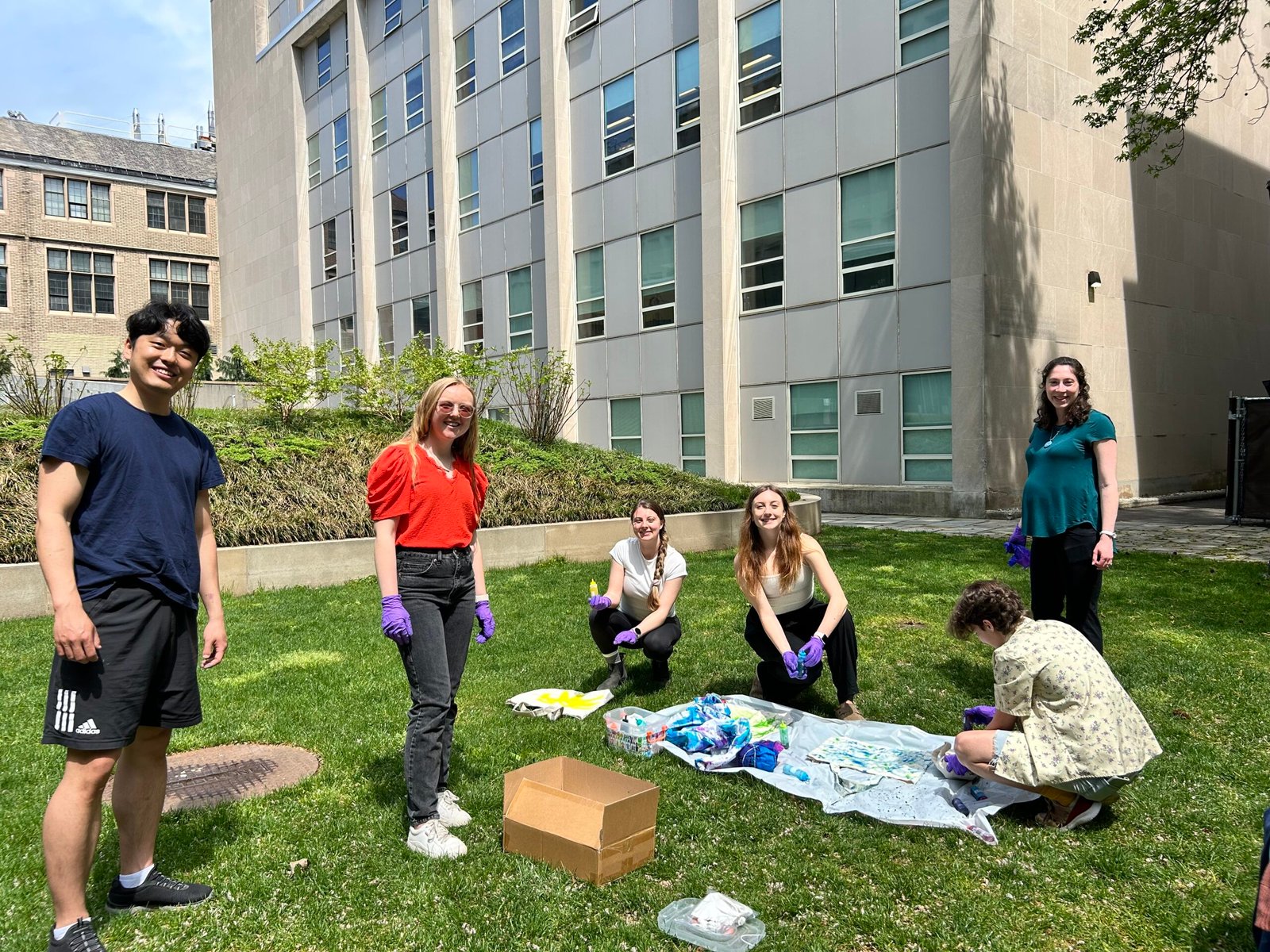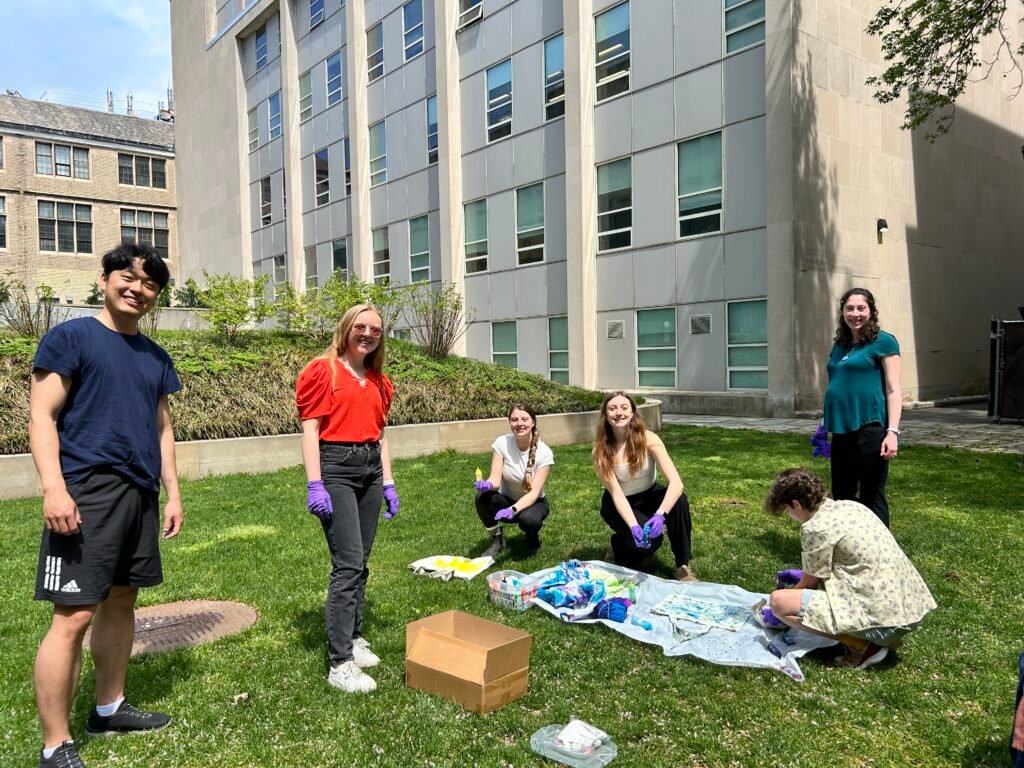The News spoke with members of the Winter Lab at Yale on their research on developing sustainable electrified processes for climate, food, energy and water.
Emily Khym
Staff Reporter

Courtesy of Ji-Yong Kim
The Winter Lab at Yale, a part of the Department of Chemical and Environmental Engineering, researches electrified processes of food, energy, climate and water.
As the shift to clean energy gains momentum, the Winter Lab is combining two separate methodologies: electrocatalysis and nonthermal plasma, which are usually researched separately. This novel approach has helped to develop more sustainable electrified processes. The team recently published its first research paper in Nature Water.
“We have been developing new electricity-based water treatment platforms by making membranes electrically conductive: ‘electrified membranes,’” Lea Winter, an assistant professor of Chemical & Environmental Engineering, said. “This allows us to transform contaminants into either harmless forms or useful products, rather than just separating them from water and generating hazardous concentrated waste streams.”
Winter hopes her lab can focus on innovative solutions that can reduce the environmental impacts of chemical manufacturing and increase accessibility to water and food.
Projects at the Winter Lab include researching chemical methods of converting CO2 in oceans into sustainable fuels. Undergraduate lab assistant Eric Chen ’26 told the News that the Winter Lab is excited about the rise in CO2 reduction research.
“Our work is still in small-scale, theoretical stages right now, but it has the capability of having large impacts on energy and water treatment,” said Anna Oehlerking ’25, another undergraduate lab assistant. “I’m excited about the possible implications on small-scale water treatment. Since these processes can be more affordable and less energy intensive, these types of systems could someday be implemented in low-income regions of the world without requiring the implementation of expansive water infrastructure.”
Researchers at the Winter Lab joined because of the lab’s circular economy approach to sustainable development and innovation.
“I find Professor Winter’s research approach very applicable to the state of the economy and the world right now,” Chen said. “As society is transitioning towards clean energy, there still exists the question of what we need to do with existing waste and potential waste generated down the line.”
Postdoctoral researcher Ji-Yong Kim also joined the lab because of Winter’s unique approach to researching sustainable development. Kim was interested in the intersection of electrocatalysis and nonthermal plasma — Winter’s specialty.
For undergraduate and graduate students alike, the Winter Lab is more than a research space.
“I really appreciate that the lab experience isn’t just about the research, but about forming a community that lifts each other up,” Oehlerking said. “I’m endlessly grateful for all the support that I’ve received.”
The team tries new snacks at each group meeting and holds lab socials such as pickleball games. The Winter Lab is also marked by its pastel centrifuge tubes and colorful frames on safety glasses.
Kim told the News in Korean that his favorite lab social was tie-dyeing lab coats.
“These tie-dyed lab coats are the signature of our lab,” Kim told the News in Korean. “Usually lab coats are white, but ours are very fancy … People sometimes call us ‘mad scientists’ because of the tie-dyed coats.”
For Kim, joining the Winter Lab was a new social experience. Kim, who grew up in South Korea and attended Seoul National University, said that his previous research lab mostly consisted of male researchers. At the Winter Lab, Kim said he appreciates the diversity in people and social events.
The Yale School of Engineering and Applied Sciences is located at 17 Hillhouse Ave.







